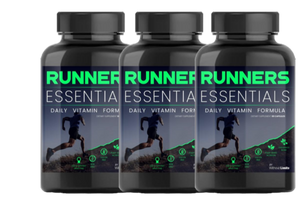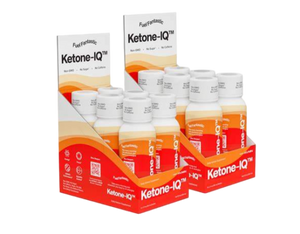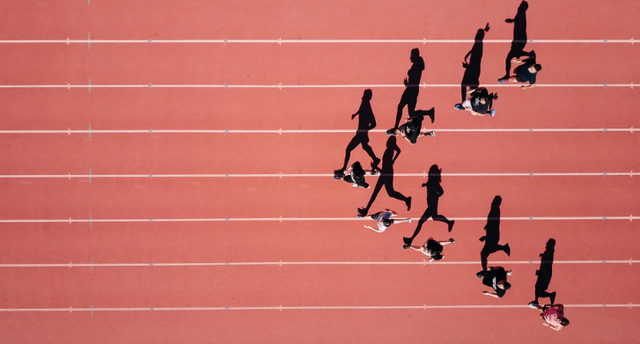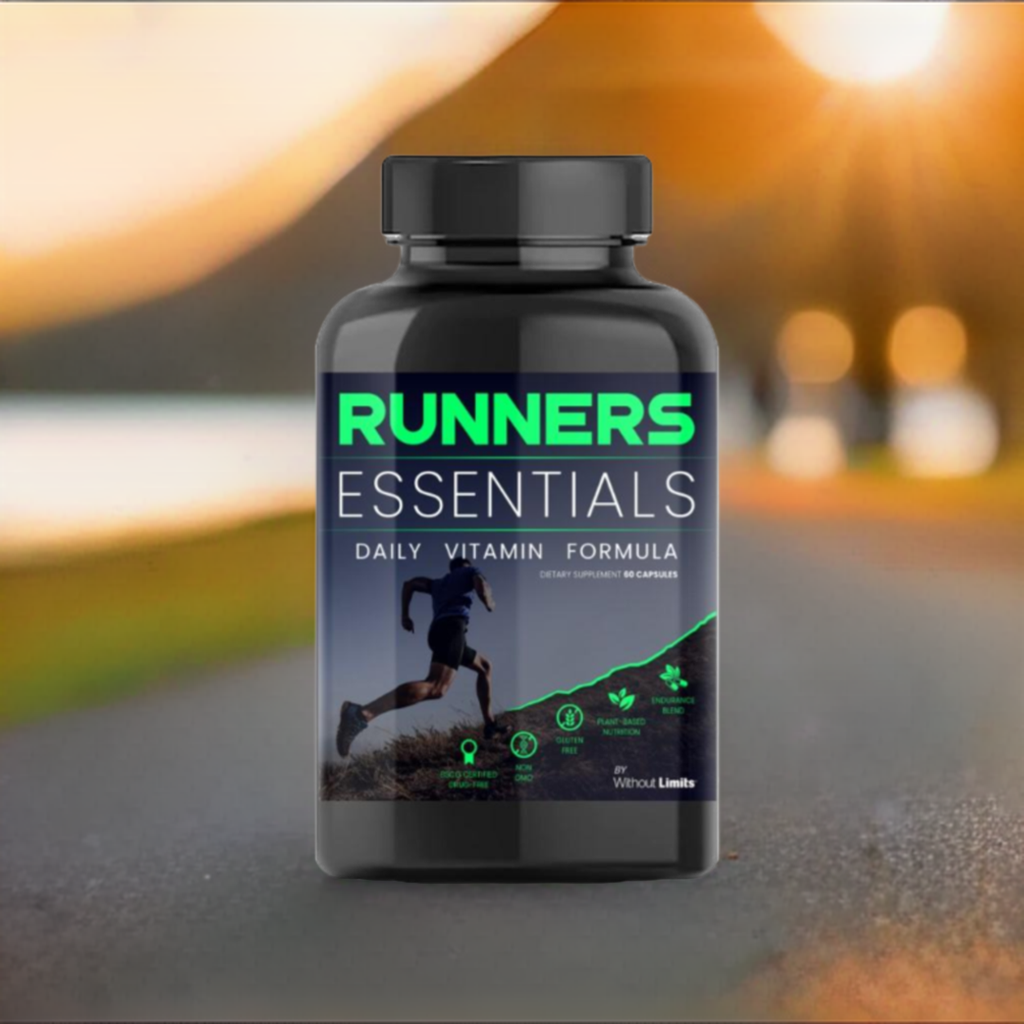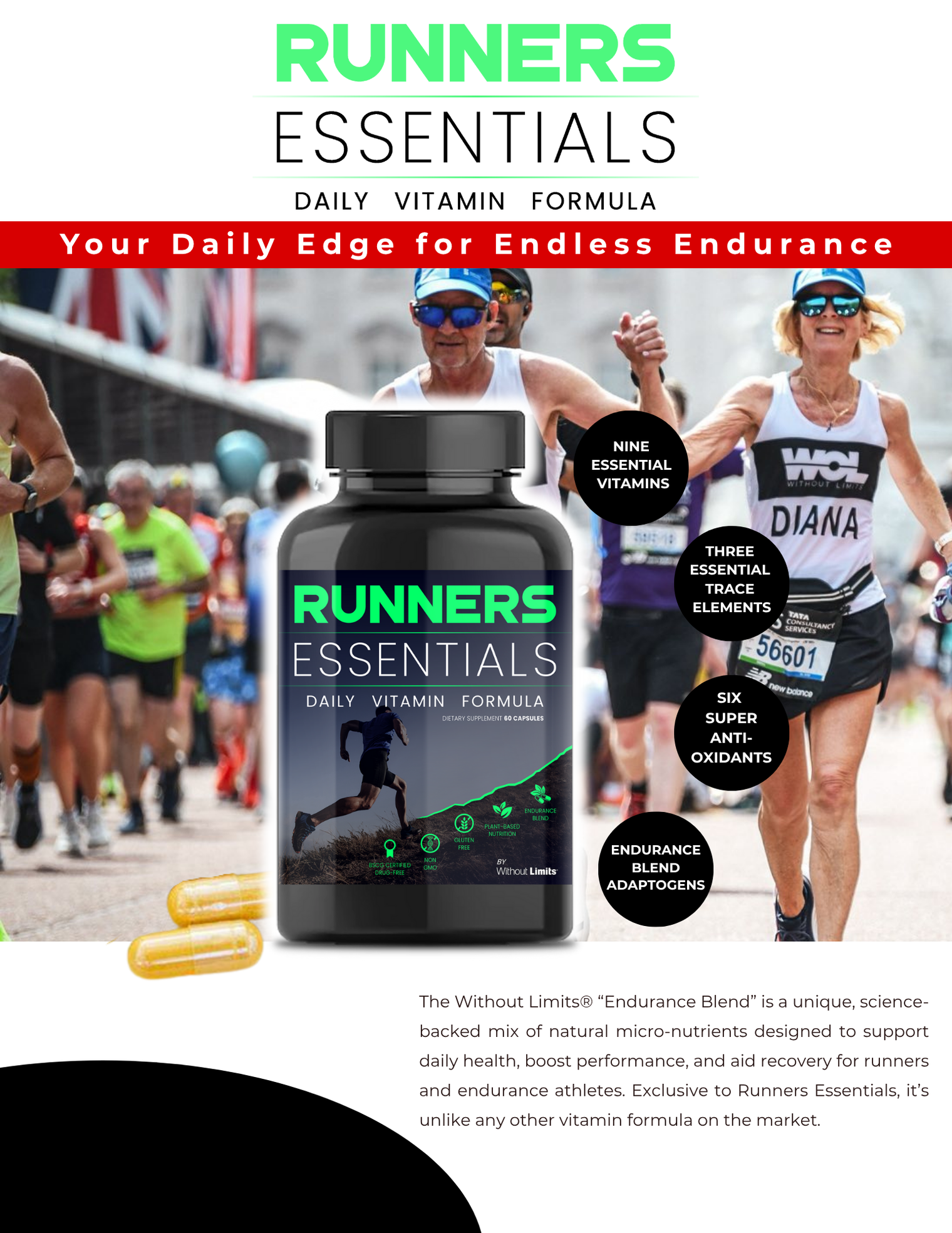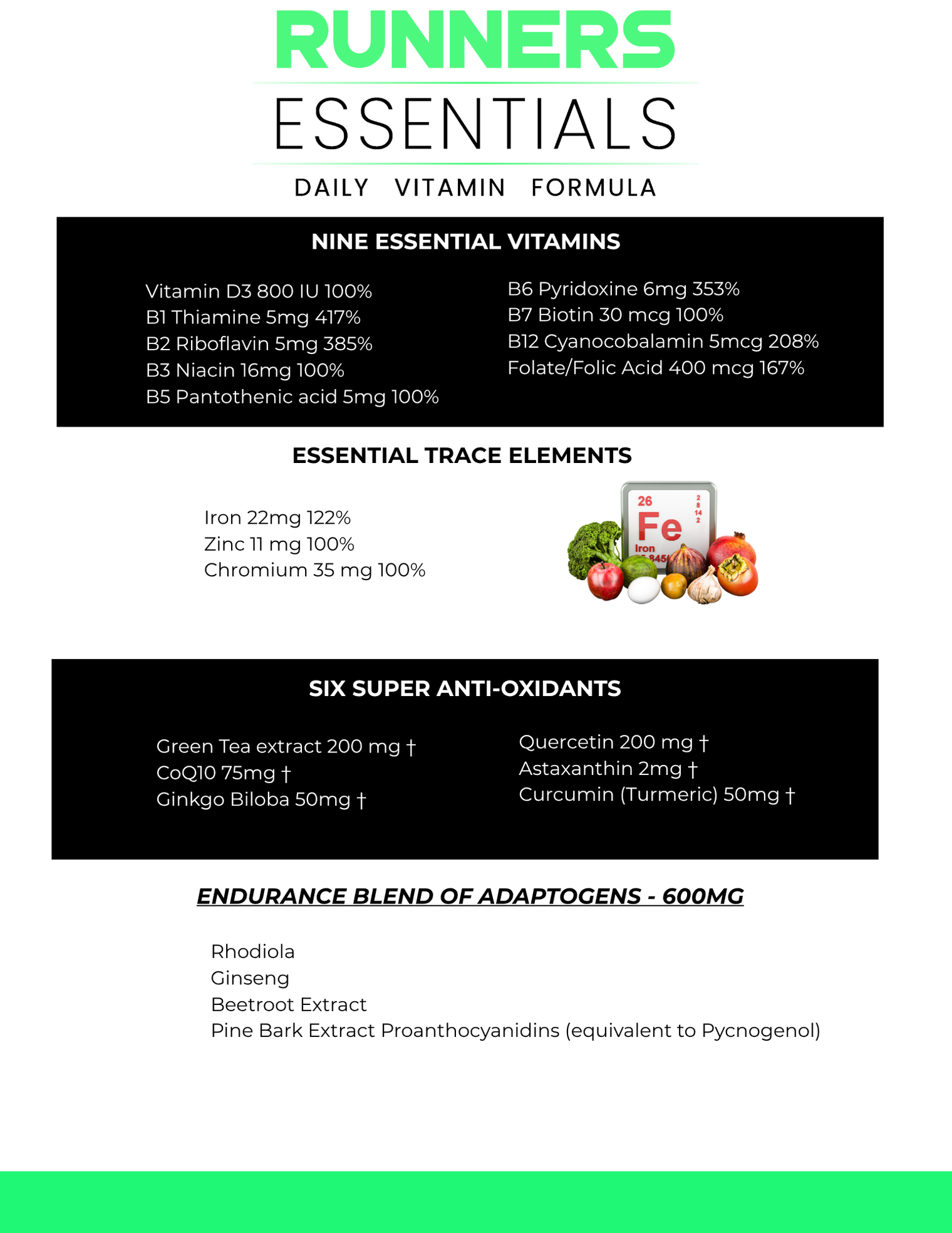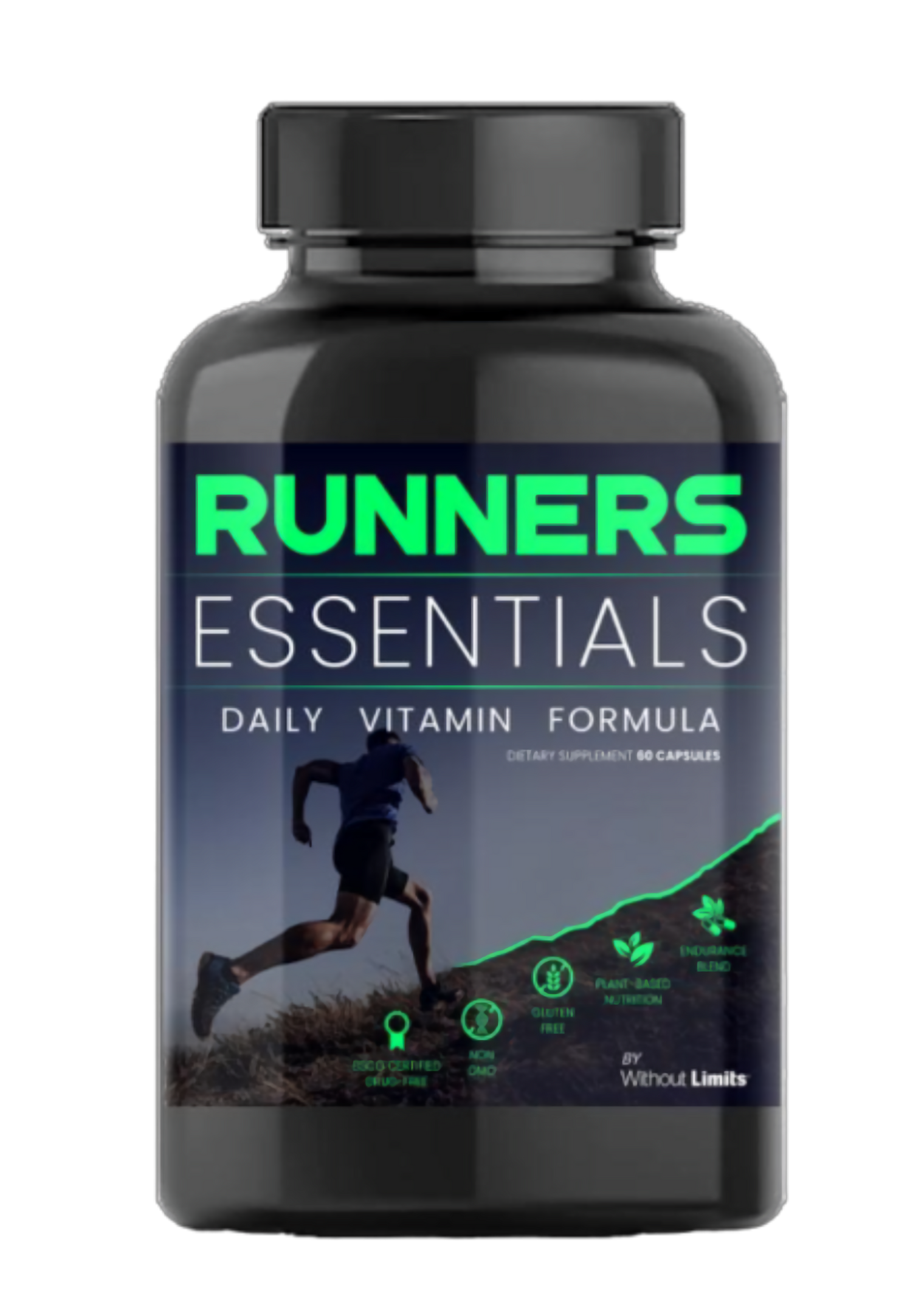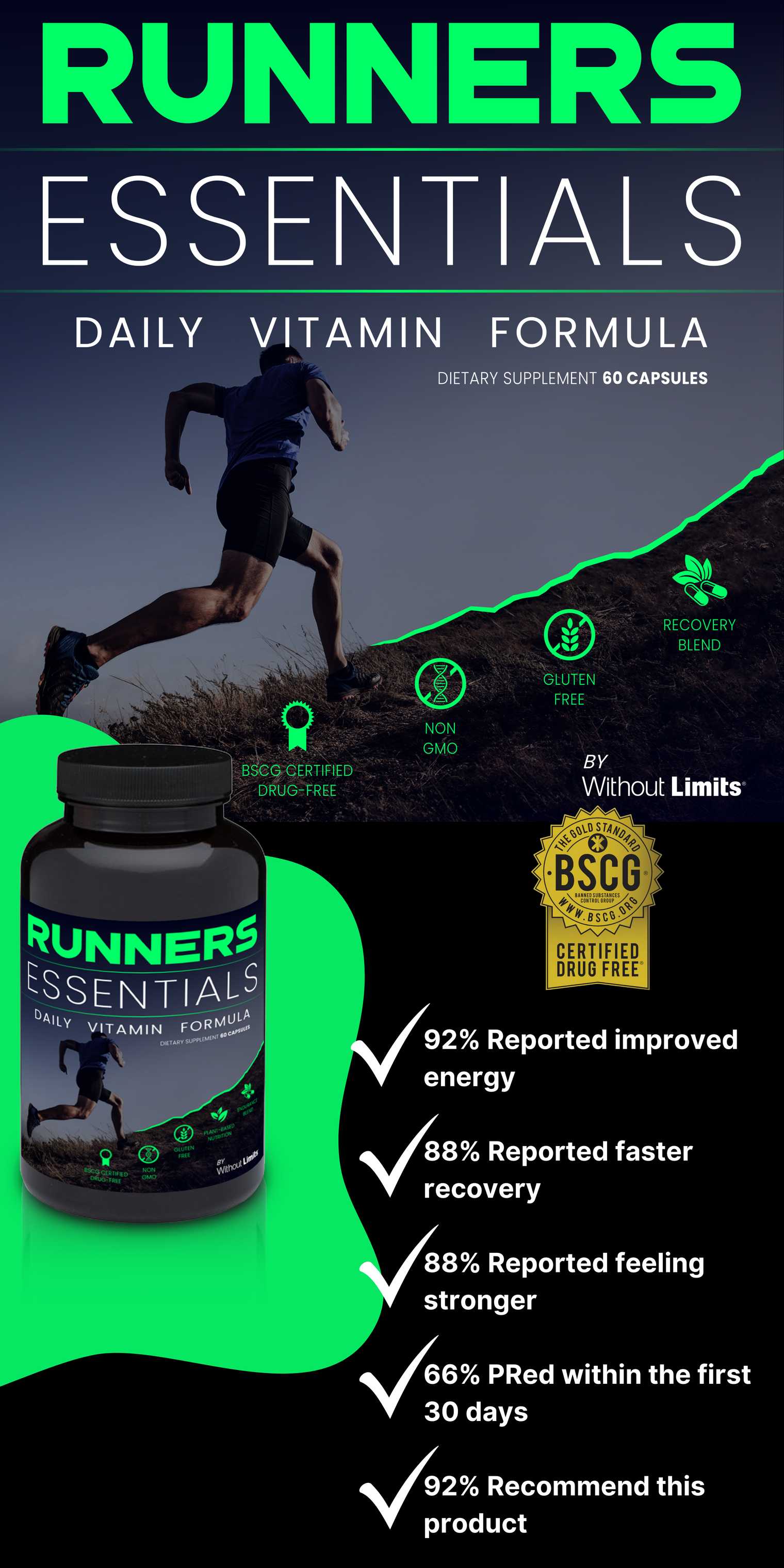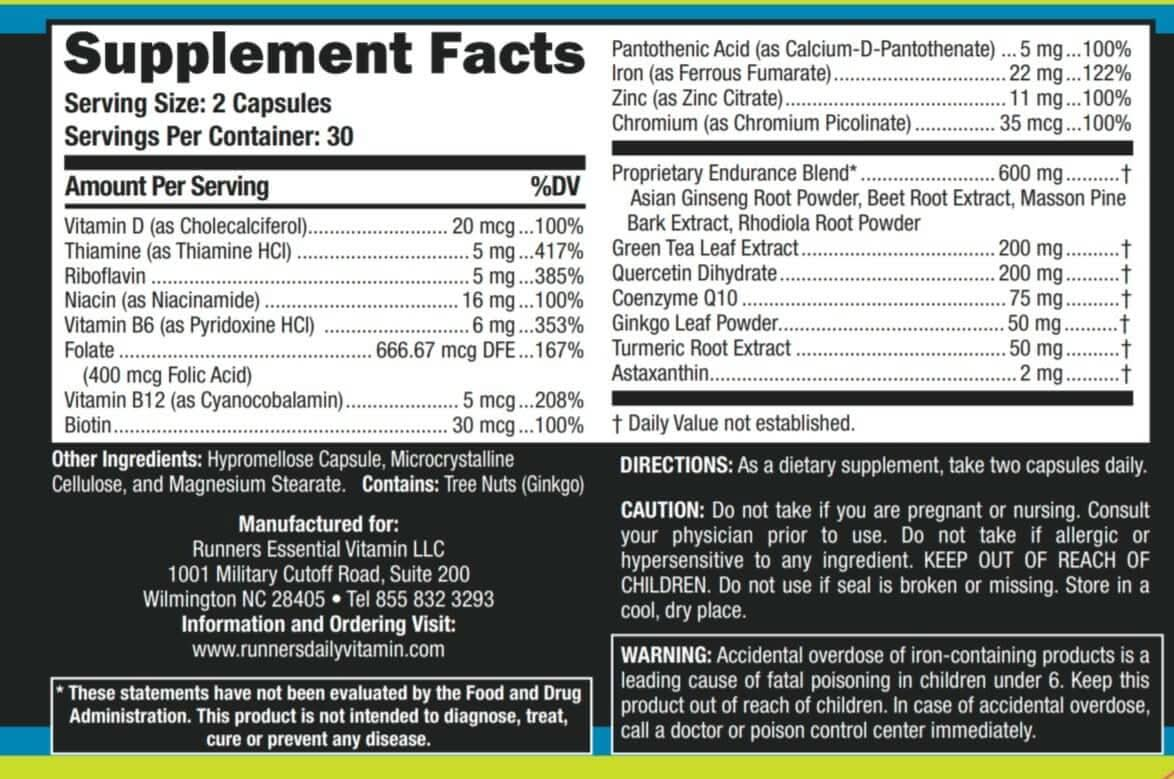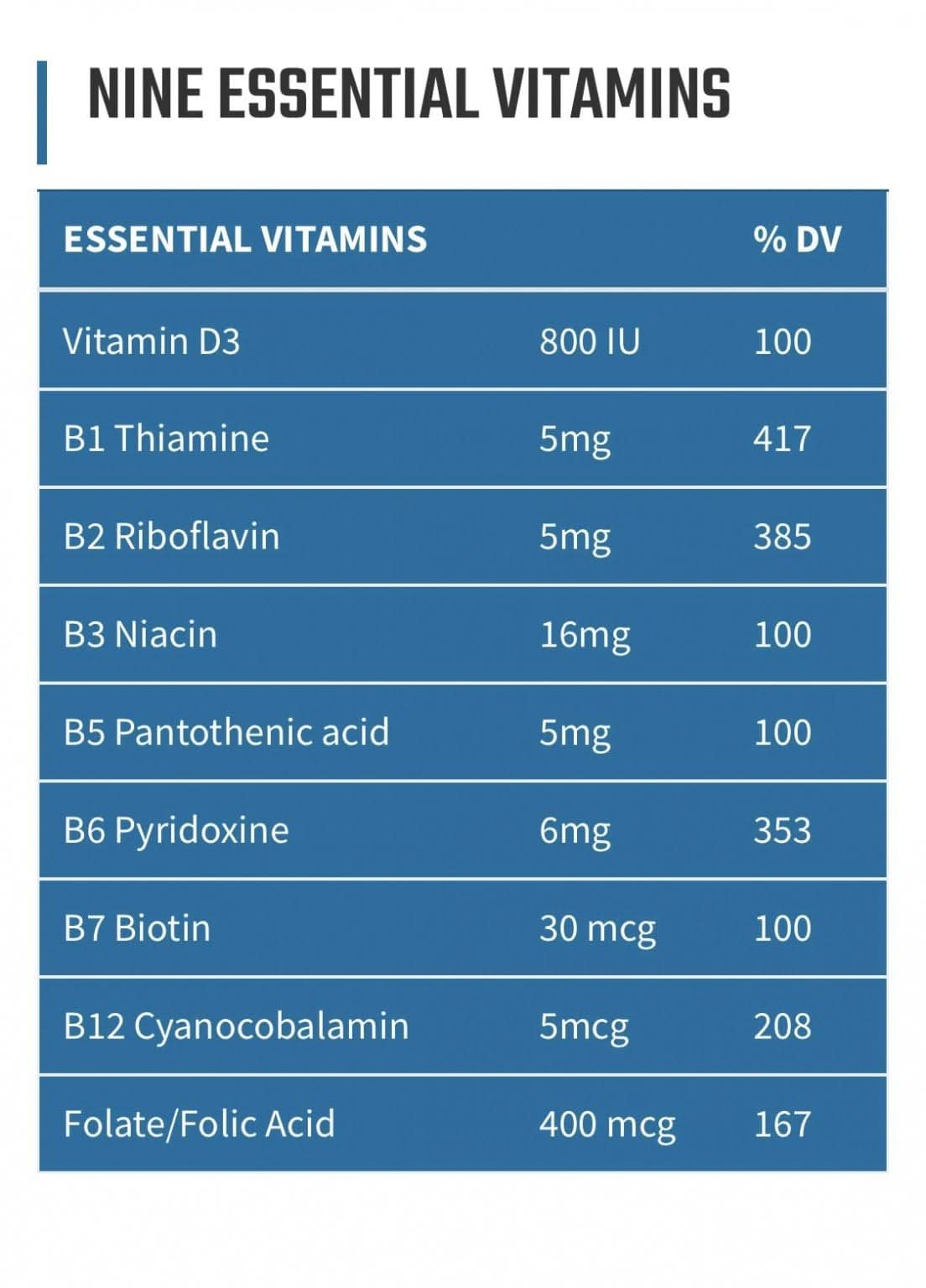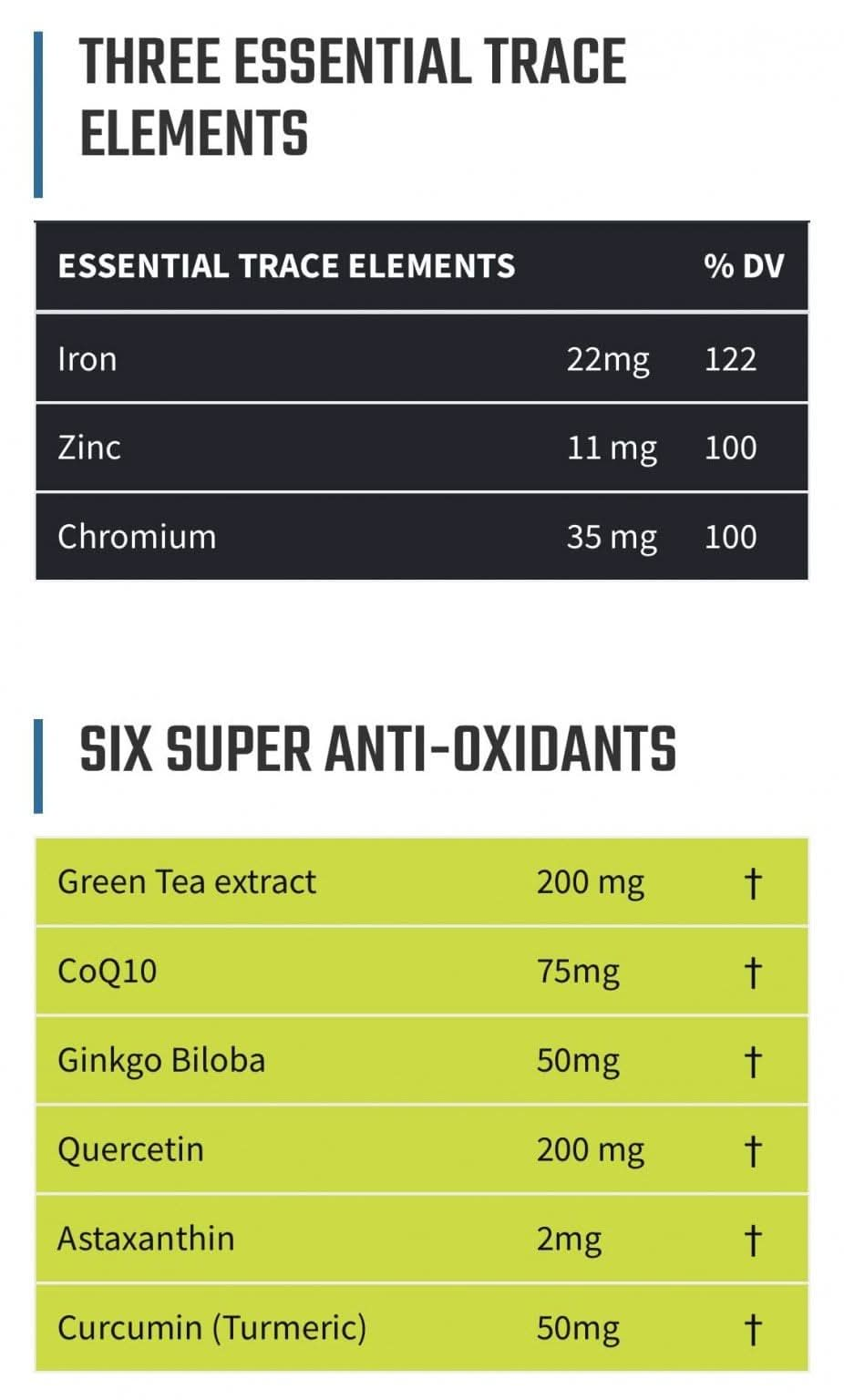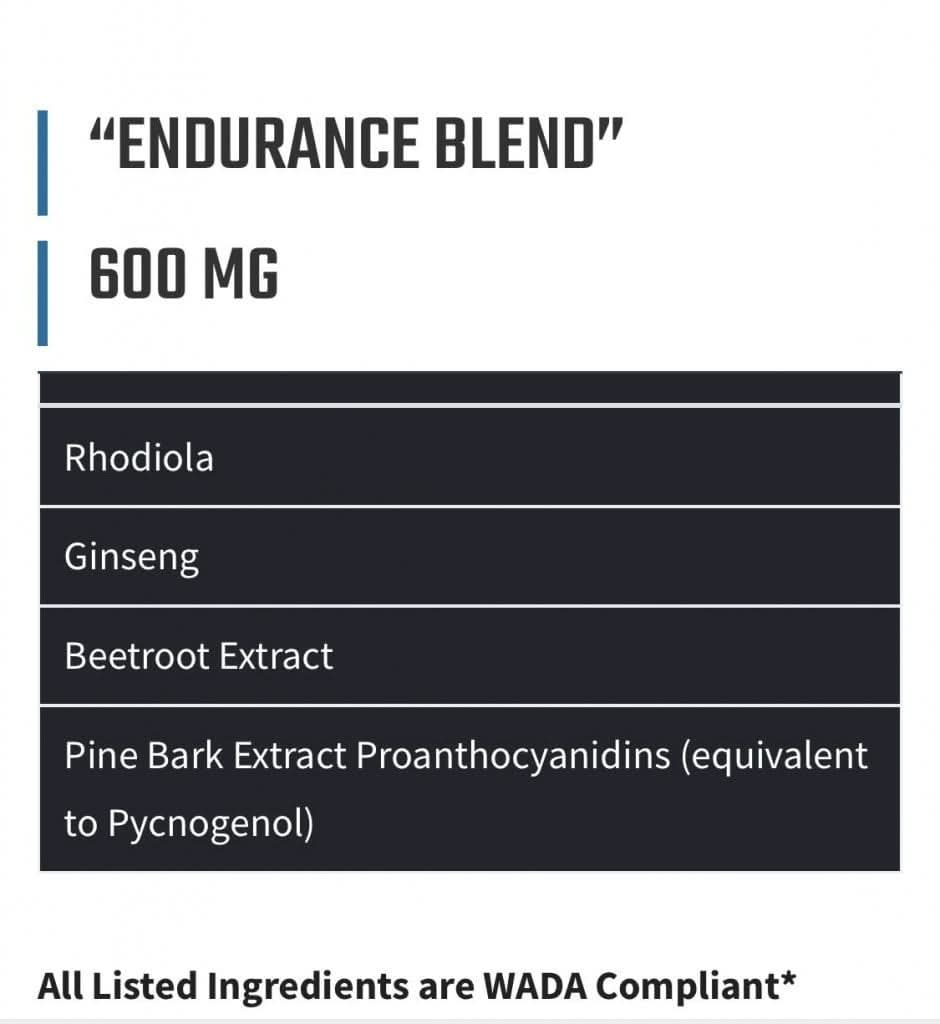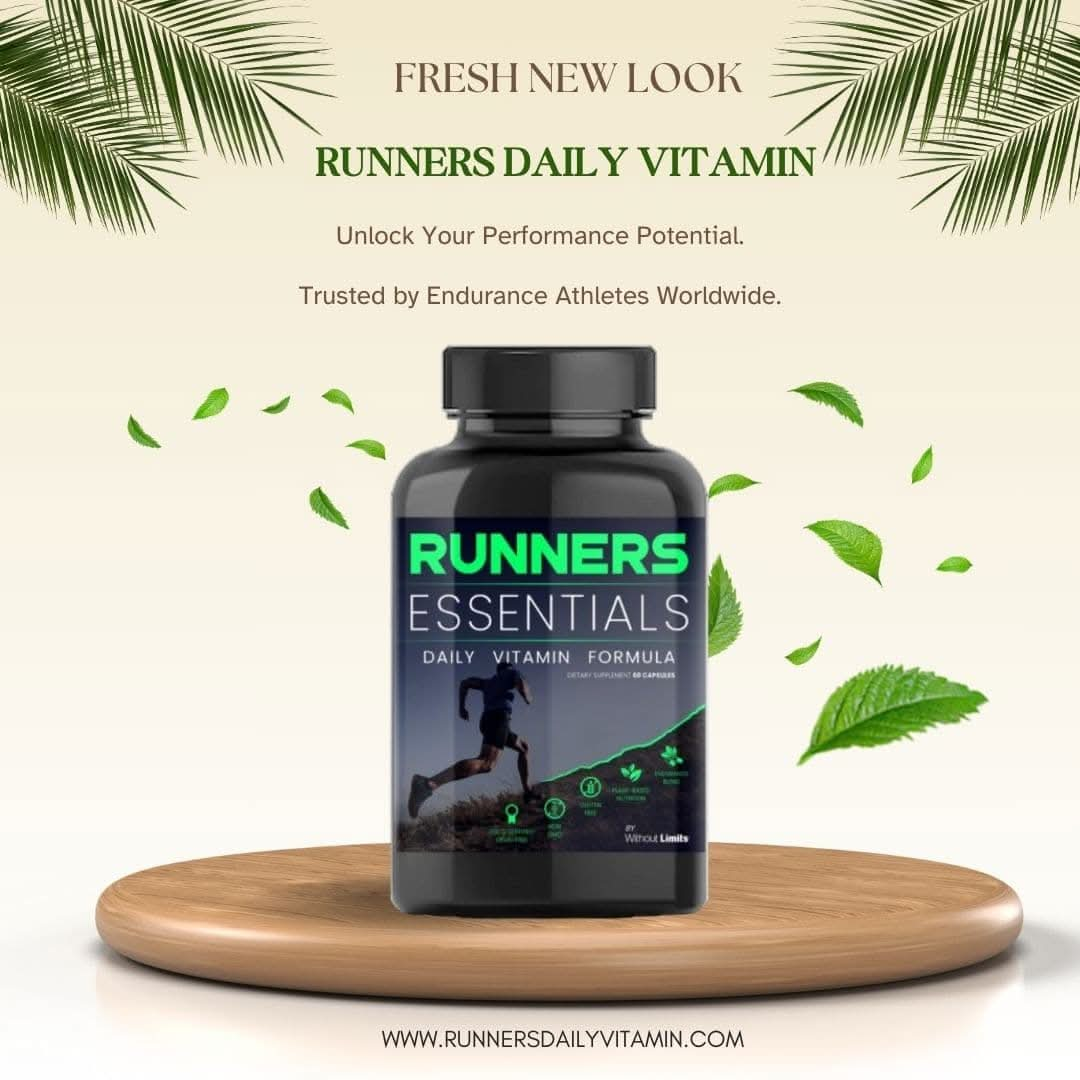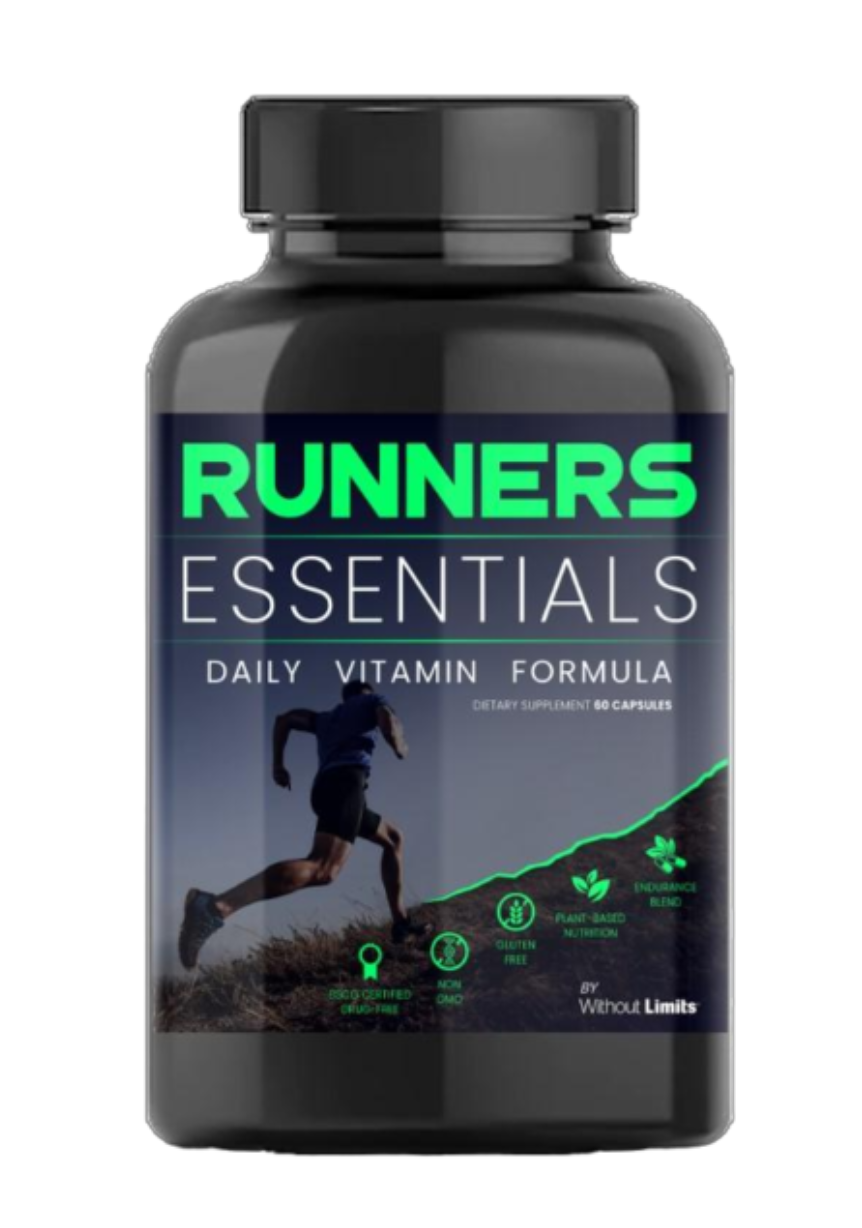Have you been feeling tired lately, even though you have been getting a good night’s sleep every night? If so, your body may lack iron, causing you to suffer from an iron deficiency without even knowing it, especially if you are a woman. According to the Center for Disease Control and Prevention, almost 10% of women are iron deficient and likely don’t realize it.
Iron deficiency is, fortunately, quite easy to correct with changes to diet and possibly incorporating iron supplements into your daily routine. First, you should learn to identify the symptoms when you lack iron so you know when to go see your doctor.
The Importance of Iron to the Body
While most people don’t consider iron as being a nutrient, it is actually an essential mineral to the human body. Iron is an important component of hemoglobin, the substance in red blood cells that carries oxygen throughout your body. If your iron levels are low, your body will not get the oxygen it needs to function, which can lead to symptoms such as fatigue.
Iron also has other important uses to your body. It is essential in maintaining healthy skin, hair, and nails. Furthermore, iron is used in the production of several hormones in the body, meaning that if you lack iron, your mood and overall health may be affected.
Symptoms of Iron Deficiency
If you lack iron, early symptoms may be so mild that they simply go unnoticed. However, as your body becomes more and more depleted of iron and the anemia increases, the signs and symptoms will also increase. Some of the most common iron deficiency symptoms are:
- Extreme fatigue
- Pale skin
- Weakness
- Shortness of breath
- Chest pain
- Frequent infections
- Headache
- Dizziness or lightheadedness
- Cold hands and feet
- Inflammation or soreness of your tongue
- Brittle nails
- Fast heartbeat
- Unusual cravings for non-nutritive substances, such as ice, dirt, or starch
- Poor appetite, especially in infants and children with iron deficiency anemia
- An uncomfortable tingling or crawling feeling in your legs (restless leg syndrome)
If you or one of your loved ones develops these symptoms and you are unsure what the underlying cause actually is, see your doctor. If you lack iron, it cannot be self diagnosed, and self treatment is, for the most part, limited to what you choose to eat. A doctor will be able to prescribe the best treatment, including diet changes and even iron supplements to return your iron levels back to normal.

Five Reasons You May Need Iron Supplements
There are many reasons why a doctor might prescribe iron supplements to you on top of making changes to your diet in order to get your iron levels back to a normal level.
1. You Are Anemic
Iron deficiency anemia is the lack of iron in your blood that prevents it from transporting oxygen to all the cells in your body. There are many causes of this condition, ranging from cancer to menstruation. While you should also investigate the cause, it is important to get your iron levels back to normal to ensure you are as healthy as you can be.
2. You Are Pregnant
Women who are pregnant need much more iron than women that aren’t as their body is producing more blood to support the fetus. The recommended daily dose of iron for pregnant women is 27 mg each day. If you cannot get this iron through your diet, doctors will prescribe supplements in order to ensure you don’t lack iron during this critical time.
3. You Experience Regular Blood Loss
Anyone who loses a lot of blood will need an iron supplement to return their levels back to normal. People who donate blood regularly need the supplements to ensure that their iron levels stay within the normal range.
4. You Have an Infant
Babies build stores of excess iron to be used during the first six months of life because their mother’s milk doesn’t contain enough iron. Most pediatricians recommend a formula that contains iron if you bottle-feed.
If your baby was born premature, the iron stores more than likely did not have time to develop. If this is the case, your doctor may prescribe an additional iron supplement.
5. You Take Iron-Depleting Medication
Some medications will quickly deplete your iron levels and cause you to lack iron in the long-term. In order to prevent this from happening, most physicians will prescribe an iron supplement alongside the medications to reduce the risk of iron deficiency.
9 Good Sources of Iron
Most people get all the iron they need from the foods they eat. By altering your diet, you can increase the amount of iron you get daily without having to take supplements. Some iron-rich foods are:
- Red meat
- Pork
- Poultry
- Seafood
- Beans
- Dark green leafy vegetables, such as spinach
- Dried fruit, such as raisins and apricots
- Iron-fortified cereals, breads, and pastas
- Peas
Before you begin any type of diet, be sure you consult with your doctor or other health care professional to be sure it is safe and the right choice for your health if you lack iron.
The Bottom Line
Iron deficiency is one of the most common causes of anemia in the United States. In many cases, it can be easily treatable with the help of your diet and, if needed, iron supplements. After a few days on the supplements, you should start to feel normal again.
As always, if you don’t feel any different after taking the iron, consult with your doctor and get the help you need to take care of your iron deficiency once and for all.
